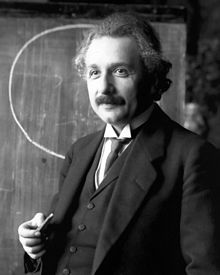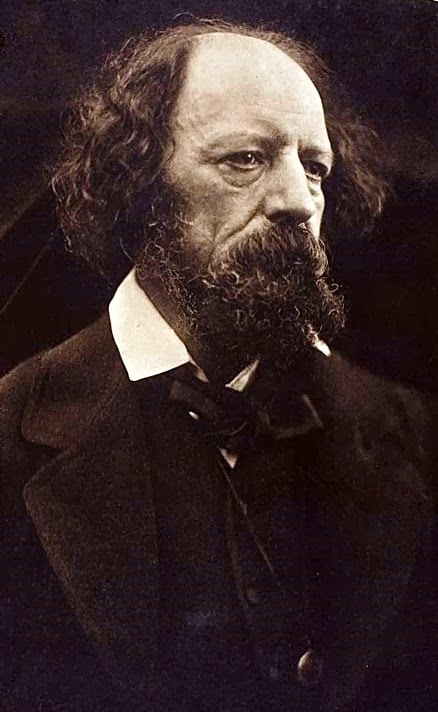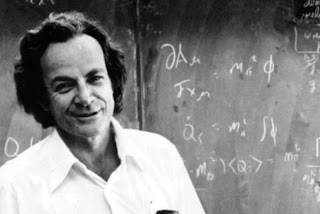Fermi's paradox: where is everybody?

Today I want to talk about... (I have always wanted to use this meme :) ) People believing in aliens' existence, think of them as much more technologically and maybe physically than we are... but have you ever thought about the consequences if this were the case? The Italian Physicist Enrico Fermi (1901-1954) did and he defined what came to be known as the Fermi's paradox. ( Enrico Fermi , from wikipedia ) The story goes that, one day back on the 1940's, a group of atomic scientists, including the famous Enrico Fermi, were sitting around talking, when the subject turned to extraterrestrial life. Fermi is supposed to have then asked, "So? Where is everybody?" What he meant was: If there are all these billions of planets in the universe that are capable of supporting life, and millions of intelligent species out there, then how come none has visited earth? This the Fermi's Paradox . [Ref. 1] "Fermi realized that any civ...









